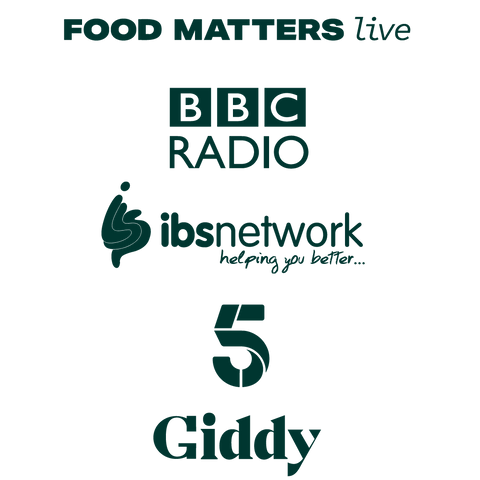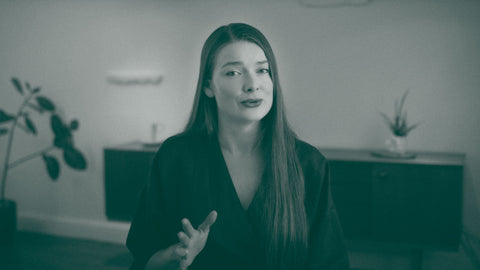Embracing the practice of calorie counting can seem like the perfect solution for weight management, especially when there are specific health concerns involved, such as PCOS, insulin resistance, or fertility issues. However, it's crucial to approach it with caution. Calorie counting can become addictive, leading to anxiety and obsession around food. To break free from the calorie counting cycle, focus on meeting your nutritional needs, opting for whole foods, and gradually reducing reliance on calorie counting. By challenging the habit and embracing mindful eating, you can regain control over your relationship with food.


















